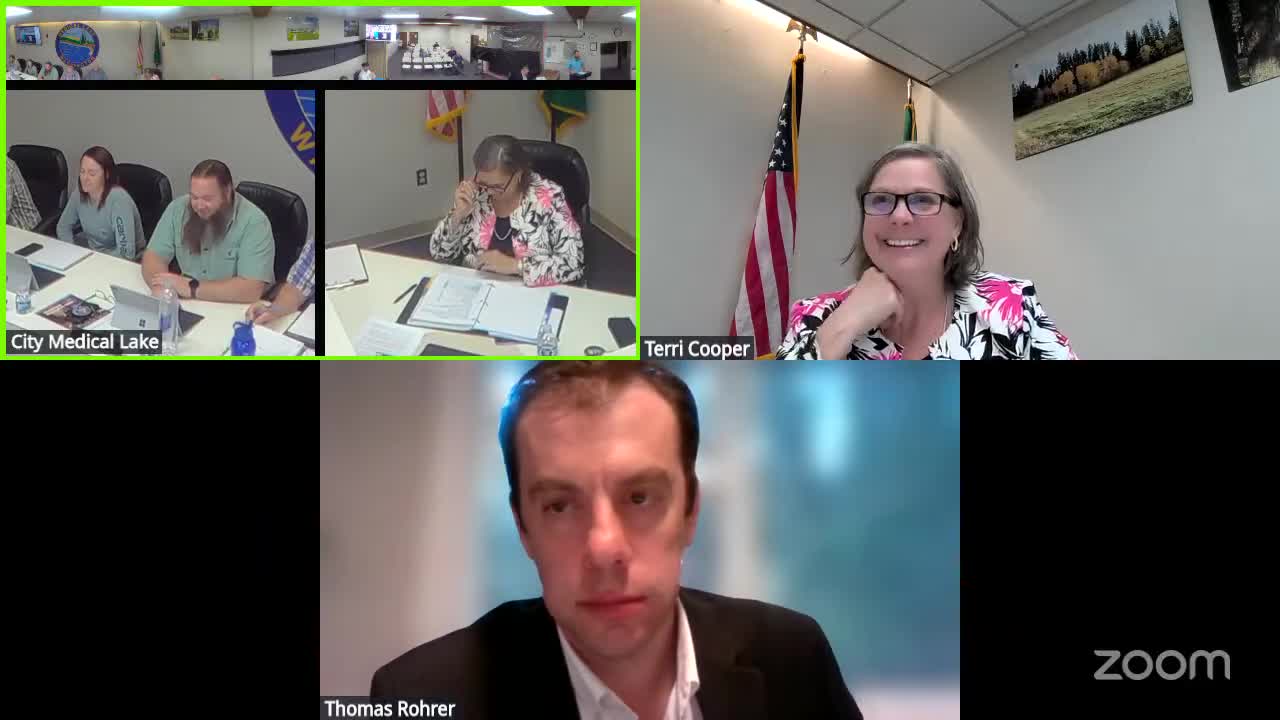Article not found
This article is no longer available. But don't worry—we've gathered other articles that discuss the same topic.
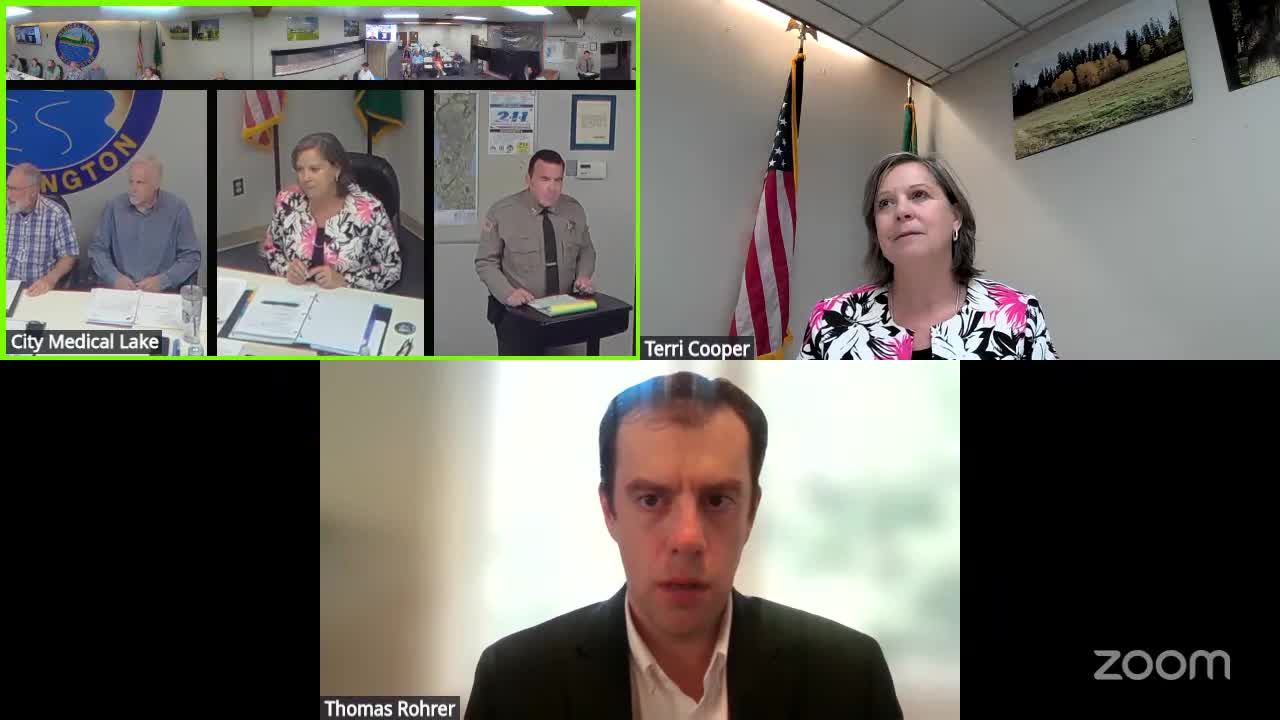
Medical Lake proclaims 36-day 'Gabriel's Challenge' as sheriff warns of rising fentanyl, meth deaths
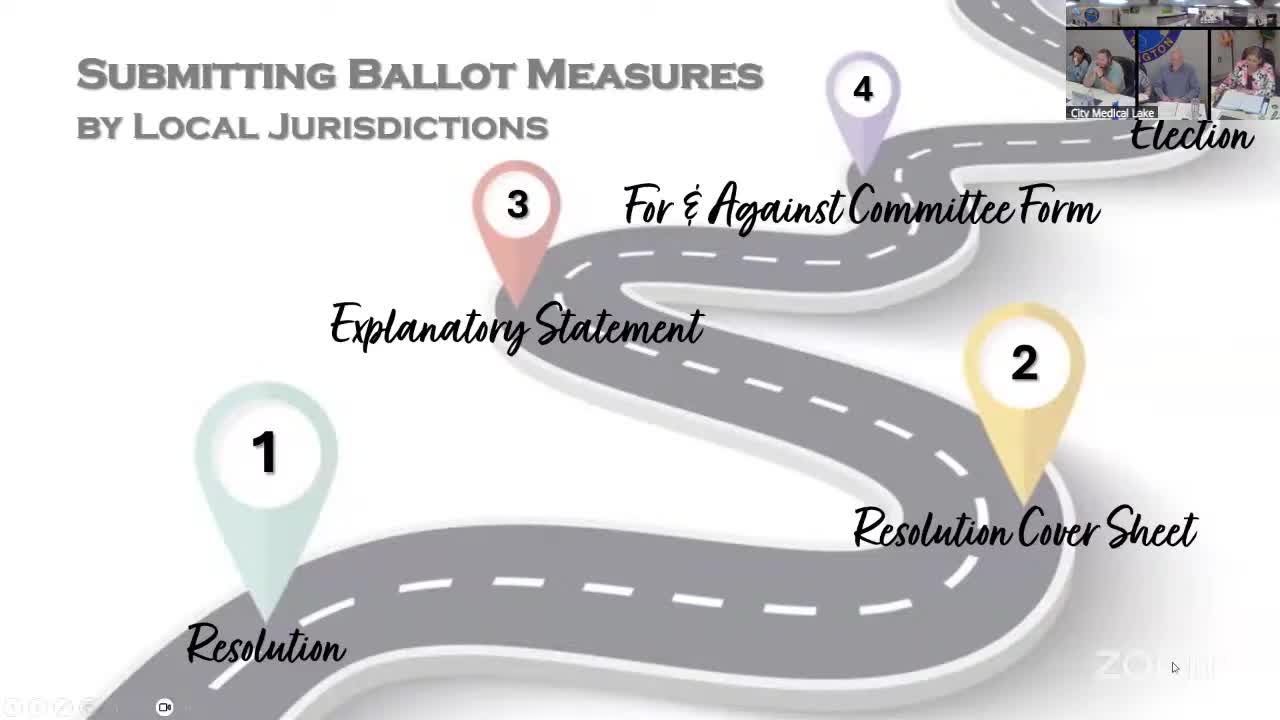
Medical Lake workshop lays out steps for November advisory vote on consumer fireworks
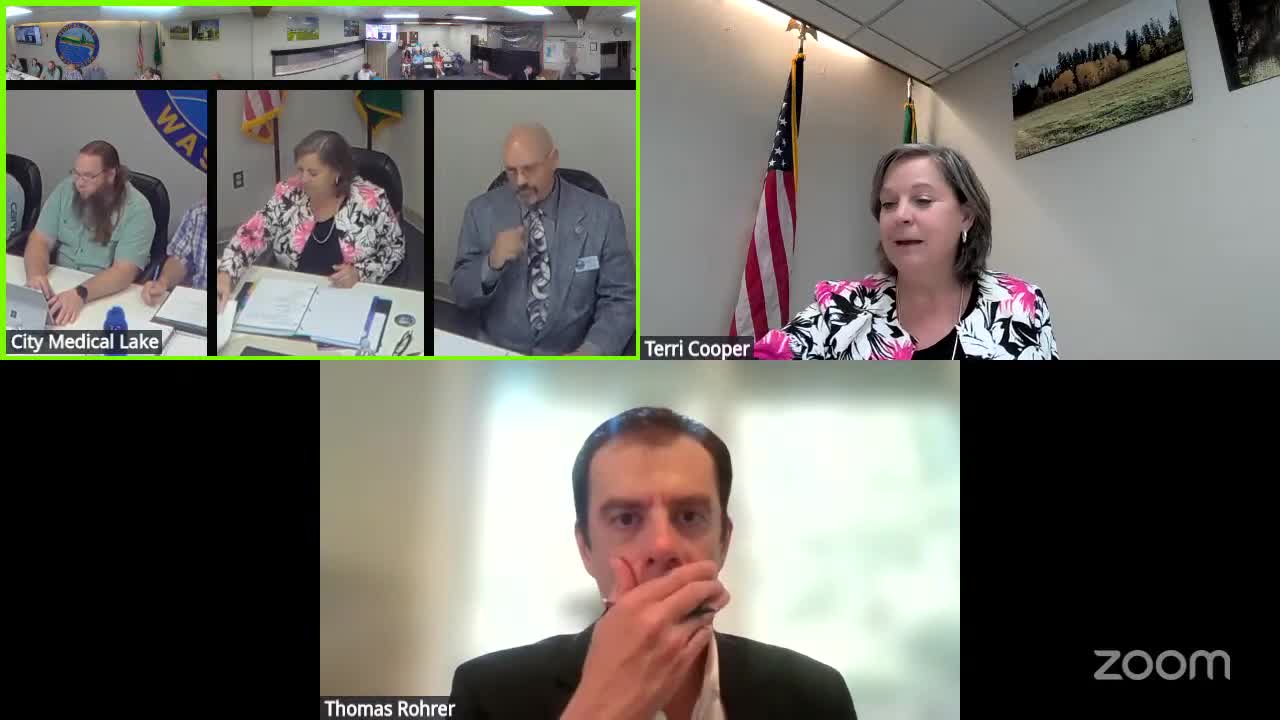
State budget language clears 60-acre Waterfront Park transfer to Medical Lake; city to receive $100,000 for title transfer
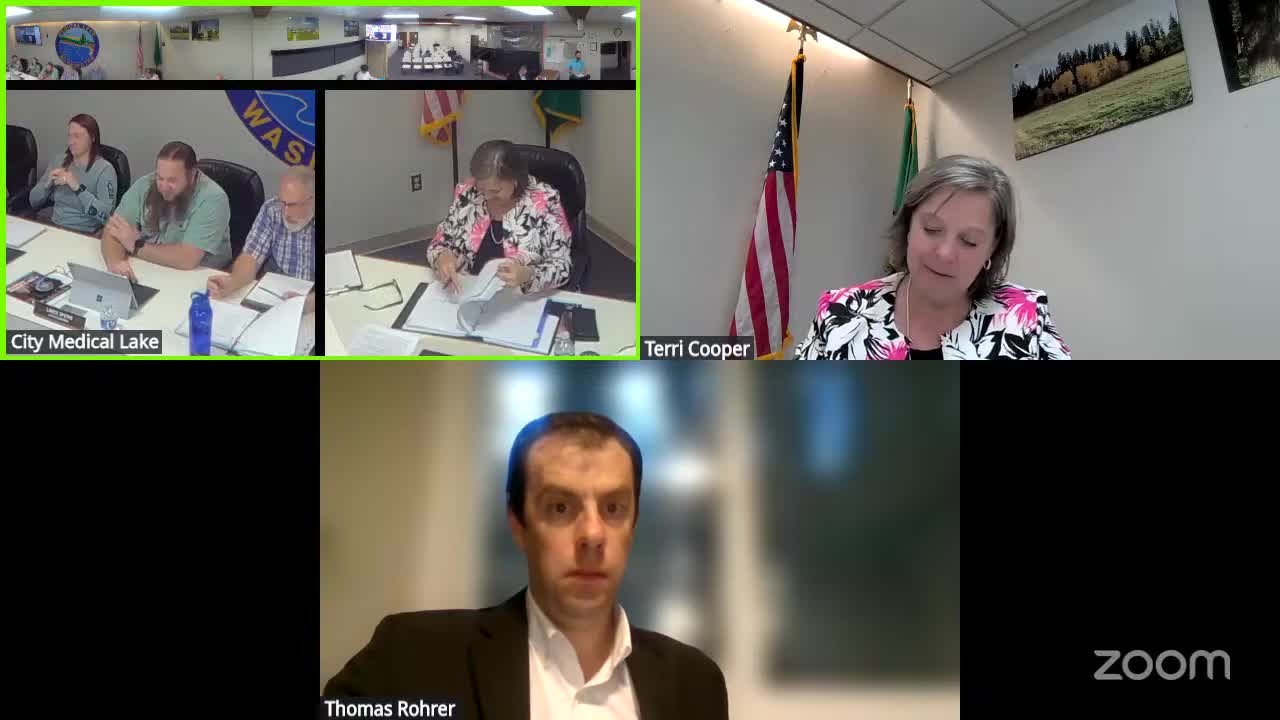
Council approves Triumph Electric contract to replace ballfield lights; upgrade package added at slight overage to insurance payout
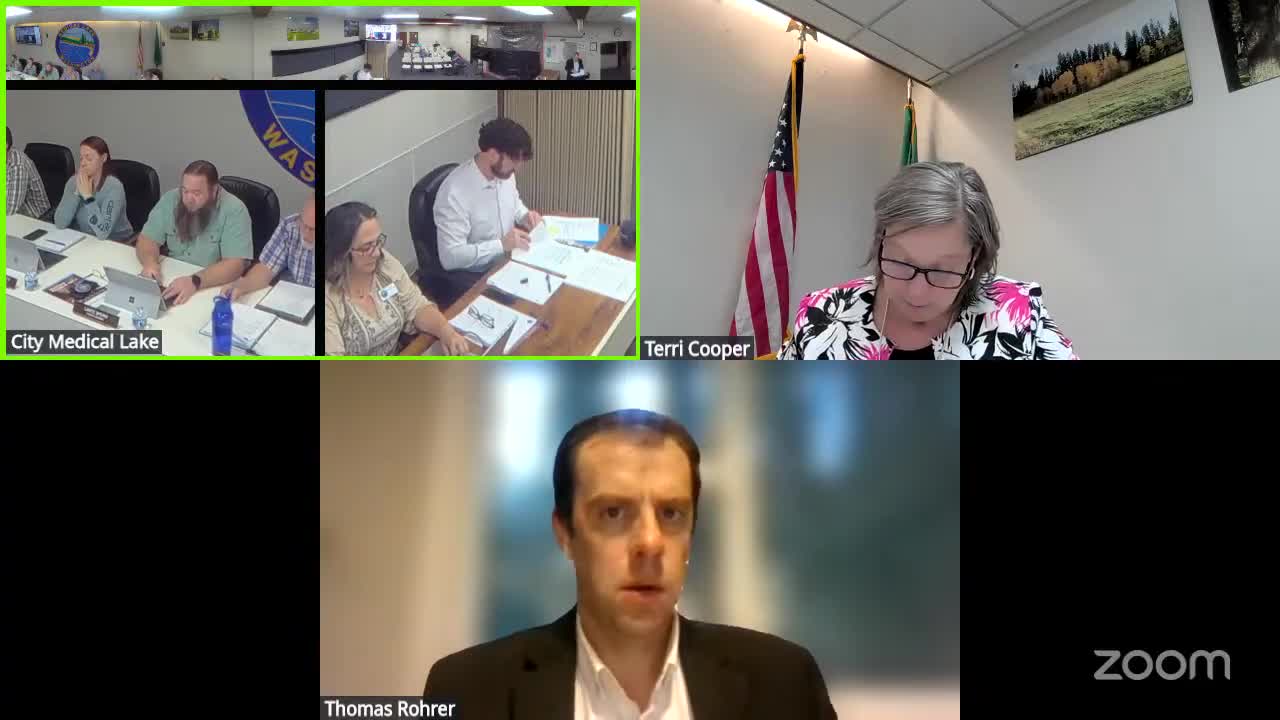
Council approves seasonal security contract for Waterfront Park to supplement extra-duty deputies
